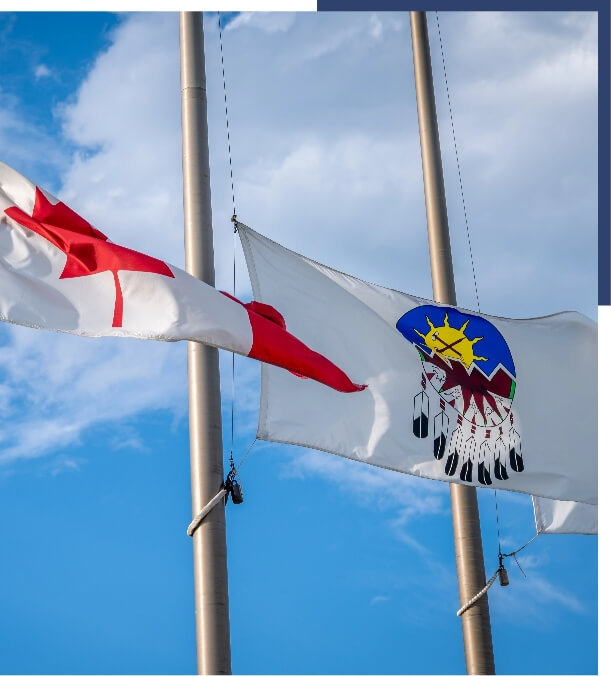Fostering stronger partnerships through coordination agreements in Indigenous law.
For Indigenous communities and organizations, coordination agreements are important tools that define relationships and clarify responsibilities with various levels of government or other entities. These agreements assert self-determination and ensure that the unique legal and governance needs of Indigenous peoples are recognized and respected. At Mincher Koeman, we provide legal guidance to navigate the complexities of drafting, negotiating, and implementing these agreements, helping to build effective partnerships and advance the goals of your community or organization.

A coordination agreement is a formal arrangement, typically between an Indigenous governing body and another body or entity, that defines roles, responsibilities, and processes for collaborative work, service delivery, or land management.

For Indigenous communities and organizations, solid coordination agreements are the foundation of strong inter-governmental relationships and achieving community goals. At Mincher Koeman, we provide:
Coordination agreements are more than just legal documents; they’re strategic tools for Indigenous communities to advance their self-determination and protect their inherent rights.
These agreements can unlock opportunities for economic development, clarify jurisdictional boundaries for essential services like education and healthcare, and ensure that a community’s vision for its future is respected and formalized in relationships with external entities. Navigating their negotiation and implementation requires a deep understanding of both Indigenous legal traditions and Canadian law, ensuring that these partnerships serve the long-term well-being and aspirations of the community.
A coordination agreement primarily serves to formalize and clarify relationships between an Indigenous governing body and other levels of government or external organizations. It helps to define roles, responsibilities, and processes for collaboration, ensuring the effective delivery of services, resource management, and the advancement of self-determination goals.
Coordination agreements are highly versatile and can cover a wide range of topics essential to Indigenous communities. This includes, but is not limited to, land use planning, environmental protection, resource revenue sharing, jurisdiction over services, and evonomic development initiatives.
Yes, once properly negotiated, drafted, and executed, coordination agreements are legally binding documents. They create enforceable obligations between the parties involved, providing a stable and recognized framework for ongoing relationships and shared governance responsibilities, ensuring clarity and accountability.

Your path to legal clarity starts here. Let’s explore your legal options together.
Take control of your legal situation. Reach out to our team to begin the conversation, and we’ll help tailor a legal strategy that promises the best chance of success for your case.